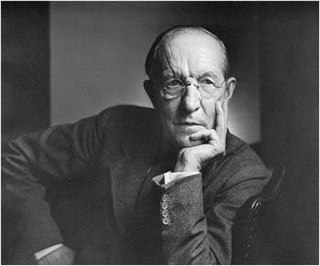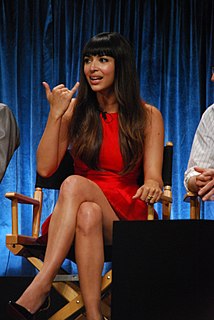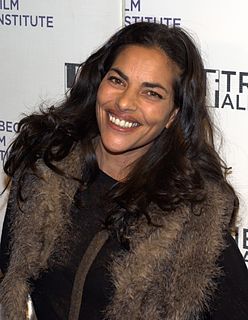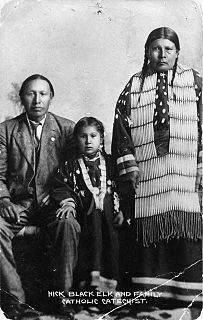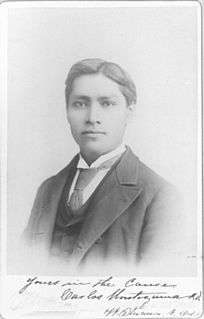A Quote by Marion Cotillard
I never thought that I would have to play an Indian, well half French, but an Indian woman in my life.
Related Quotes
To many, Indian thought, Indian manners; Indian customs, Indian philosophy, Indian literature are repulsive at the first sight; but let them persevere, let them read, let them become familiar with the great principles underlying these ideas, and it is ninety-nine to one that the charm will come over them, and fascination will be the result. Slow and silent, as the gentle dew that falls in the morning, unseen and unheard yet producing a most tremendous result, has been the work of the calm, patient, all-suffering spiritual race upon the world of thought.
I had an Indian face, but I never saw it as Indian, in part because in America the Indian was dead. The Indian had been killed in cowboy movies, or was playing bingo in Oklahoma. Also, in my middle-class Mexican family indio was a bad word, one my parents shy away from to this day. That's one of the reasons, of course, why I always insist, in my bratty way, on saying, Soy indio! - "I am an Indian!"
The Indian danced on alone. The crowd clapped up the beat. The Indian danced with a chair. The crowd went crazy. The band faded. The crowd cheered. The Indian held up his hands for silence as if to make a speech. Looking at the band and then the crowd, the Indian said, "Well, what're you waiting for? Let's DANCE.
The life of an Indian is like the wings of the air. That is why you notice the hawk knows how to get his prey. The Indian is like that. The hawk swoops down on its prey, so does the Indian. In his lament he is like an animal. For instance, the coyote is sly, so is the Indian. The eagle is the same. That is why the Indian is always feathered up, he is a relative to the wings of the air.
In fact, George Washington had been an Indian fighter since the French and Indian War. And a lot of folks, particularly in the red states, the Southern states that had suffered a number of Indian depredations wanted to remove all the Indians to Canada. Let them go with the English. And Washington said, well, you can try , but better, he said, more expedient to negotiate treaties with them because, and again this is what the founders believed to a man, Indians are a vanquished race. They won't be here two to three generations.





